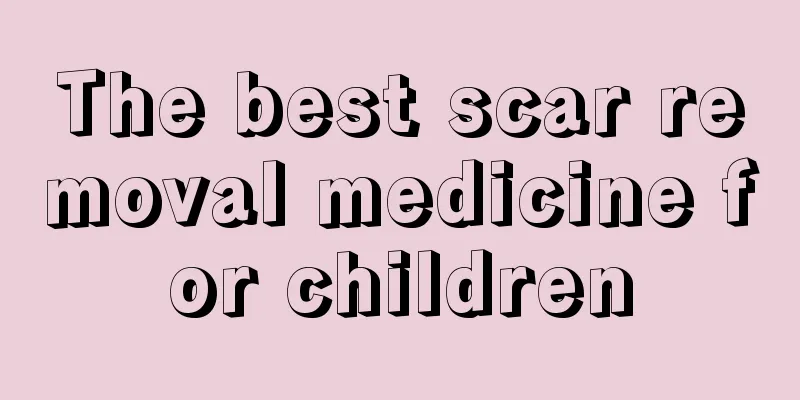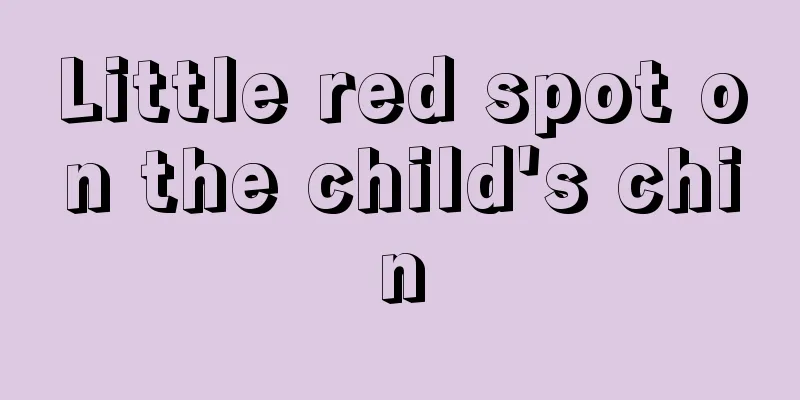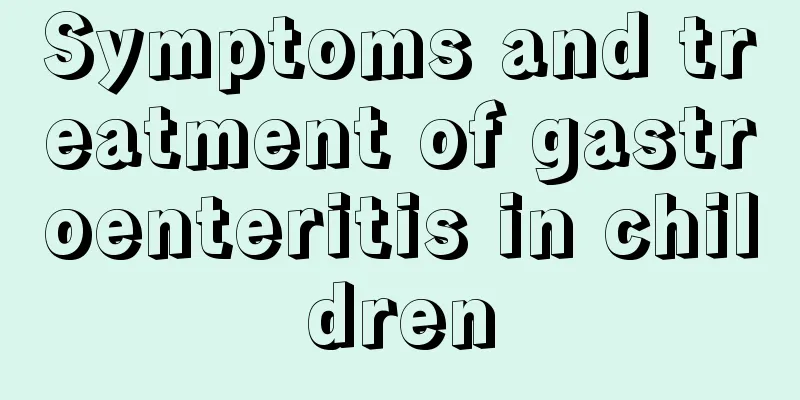What should I do if my child has asthma?

|
Asthma is a very common respiratory disease. Many children suffer from asthma. This condition is mostly caused by genetic factors. Childhood asthma is a little more difficult to treat than adult asthma and requires more company and care from family members. Although asthma is quite harmful to the body, if it is well taken care of in daily care, the incidence of asthma will be greatly reduced, so it will not have much impact on the patient's life. So how should children's asthma be treated? Asthma is the most common chronic inflammatory respiratory disease in children, with approximately 150 million children suffering from the disease worldwide, and the incidence rate is growing rapidly. According to surveys in some parts of the country, the prevalence of asthma among children in my country is 0.5% to 3.33%, and in some areas it is as high as 5%. Asthma can occur at any age, but most patients develop the disease before the age of 5, and 50% of pediatric patients develop the disease before the age of 3. Typical asthma attacks are sudden, mostly at night or in the early morning. They are often caused by inhalation of pollen, dust mites, cold air or irritating gases before the onset of the disease. When the disease occurs, itchy nose, runny nose, sneezing, and dry cough appear first, followed by chest tightness, wheezing, and difficulty breathing. Wheezing can be heard in both lungs. In severe cases, people are often forced to sit up straight with their shoulders hunched, their heads bent forward, wheezing hard, and sweating all over. Attacks can last for dozens of minutes or hours. Mild cases may resolve on their own, while severe cases may require comprehensive treatment such as oxygen and nebulization to be relieved. After relief, there may be no symptoms, just like normal people. Asthma is more common in children with weak spleen and stomach, and seafood is mostly cold. For young children, the coldness of seafood is most likely to damage the spleen, stomach and lungs. Damage to the spleen will aggravate the impact on digestion and absorption, leading to anorexia, weight loss, abdominal distension, diarrhea, abnormal water metabolism, and excessive sputum. Damage to the lungs will cause lung qi obstruction, lung qi upward flow, aggravate cough, thus forming spleen deficiency and lung heat, inducing or aggravating asthma, making it difficult to heal for a long time. In addition, children with recurrent asthma often have allergic constitutions and are prone to allergic reactions, such as rashes, after eating seafood. Therefore, it is best for children with asthma to eat less seafood. Children with asthma are forbidden to eat seafood, as seafood can easily induce asthma in children. The above introduces some treatments for children's asthma. In addition to these treatments, daily care is very important. There is no specific medicine to cure asthma, so you need to carry anti-asthmatic drugs with you to help the patient breathe quickly when an asthma attack occurs. Asthma patients cannot engage in strenuous exercise, such as running, playing ball, etc. |
<<: Where is the best place to treat ADHD in children?
>>: What are the symptoms and treatments of childhood asthma?
Recommend
What to do if your baby's hair grows unevenly
It is the common wish of many parents that every ...
What should I do if my child has an itchy throat?
It is inevitable that children will get sick, but...
What is the best way to treat mild ADHD?
ADHD refers to a psychological disorder in childh...
What is the order in which deciduous teeth erupt?
For children, the issue of teething is something ...
What are the dangers of secondhand smoke to children?
Secondhand smoke is a term that we often hear now...
How to quickly reduce your baby's fever
Babies are very fragile, so parents will try thei...
What are the dangers of children wearing nail polish?
Women must be familiar with nail polish. Nowadays...
What should I do if my child has severe eczema?
Eczema is a skin disease. For many children, if t...
How old can babies eat mashed potatoes?
Potatoes, commonly known as potatoes, are a nutri...
What are the symptoms of baby teething?
Babies have different behaviors at each stage of ...
What should I do if my child has a fever and his heart rate is 150 beats per minute?
When a child has a fever, his or her quality of l...
What are the symptoms of touching the fontanelle?
The fontanelle is a part that people are very fam...
What are the symptoms of a baby's first tooth?
Babies usually start to grow their first tooth wh...
Can children drink buckwheat tea?
The free tea in some restaurants in Sichuan is bu...
How to solve the problem of children's hair becoming yellower and yellower
The problem of children's hair becoming incre...









